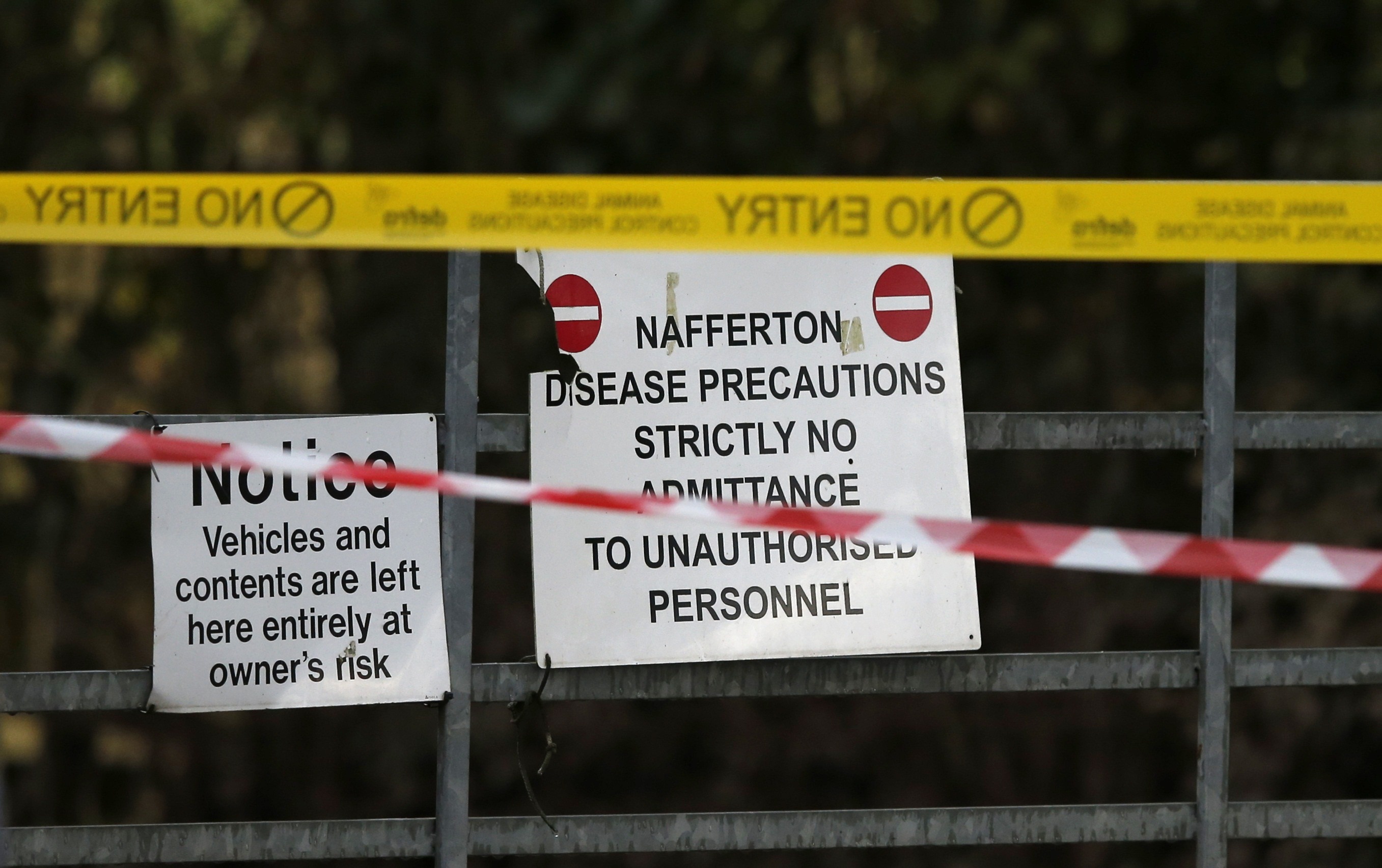Bird flu found on a duck farm in northern England might be linked to a highly contagious strain of the disease found this weekend at a poultry farm in the central Netherlands, as well as a case early this month in Germany.
The head of the World Animal Health Organization said Monday that the outbreaks could be linked as the virus is most often transmitted through wild birds.
British authorities said the strain was serious for poultry but only a minimal danger to humans and was not the deadly H5N1.
A 10-km restriction zone has been placed around the farm in Yorkshire and all 6,000 ducks on the site will be killed.
"The public health risk is very low and there is no risk to the food chain," a spokeswoman for Britain's Department for Environment, Food and Rural Affairs said.
Britain last saw a case of H5N1 in birds in 2008, and although there have been reported cases since, none have been the dangerous H5 or H7 strains, according to Britain's National Health Service.
Wendy Barclay, a professor specializing in flu virology at Imperial College in London, noted that while bird flu viruses can be very dangerous for poultry, previous outbreaks of H5 strains in Britain have never infected people.
South Korea culled more than 6 percent of its poultry in March to stop the disease spreading.
China and Japan have also reported cases of H5N8 this year.




